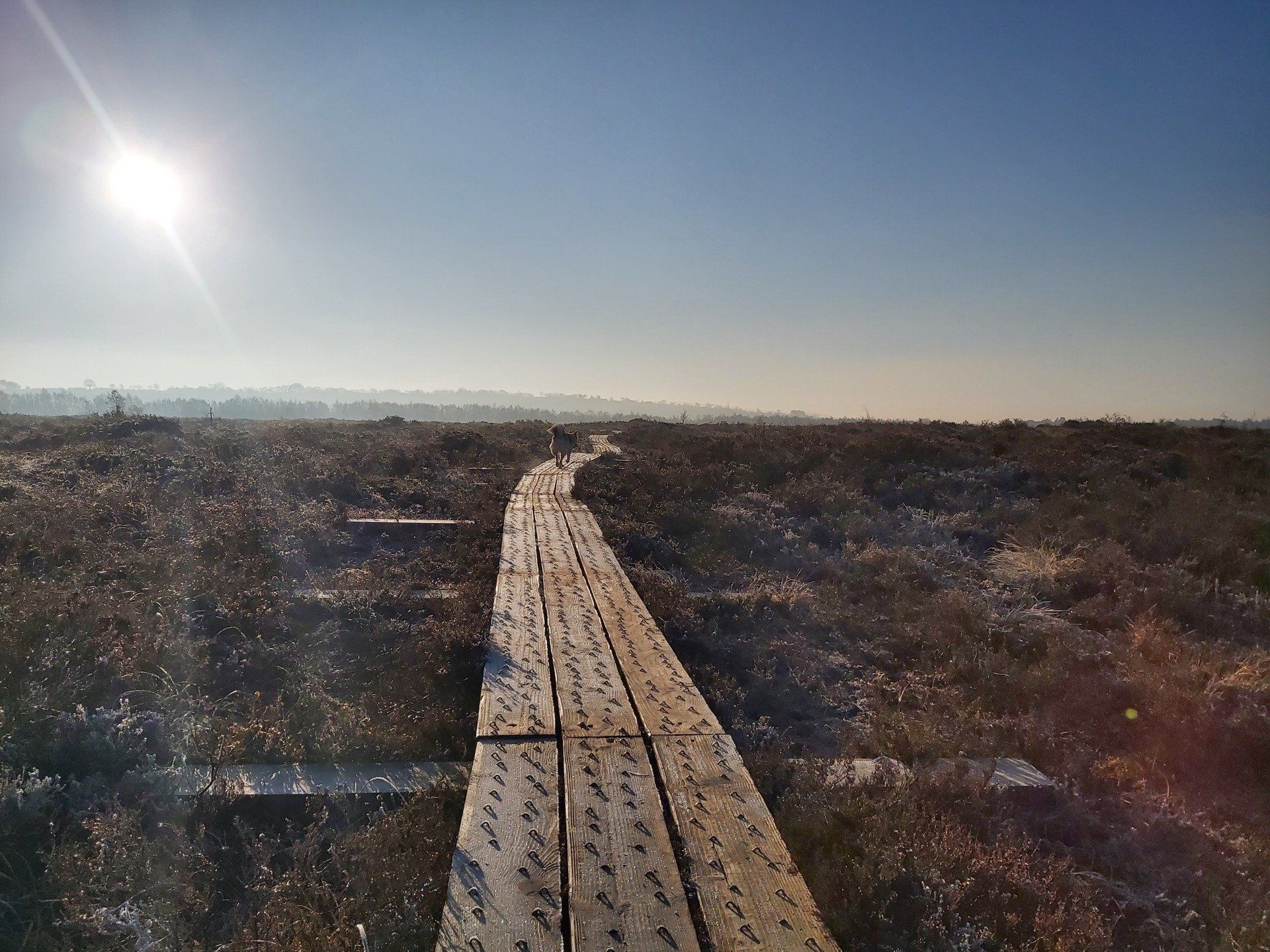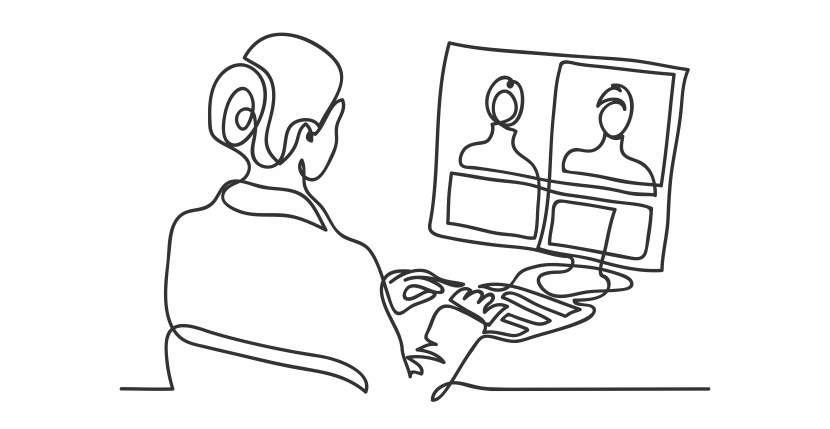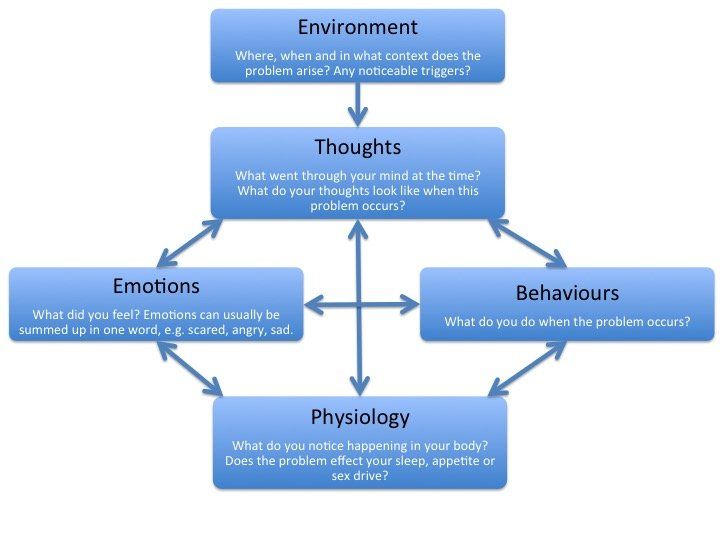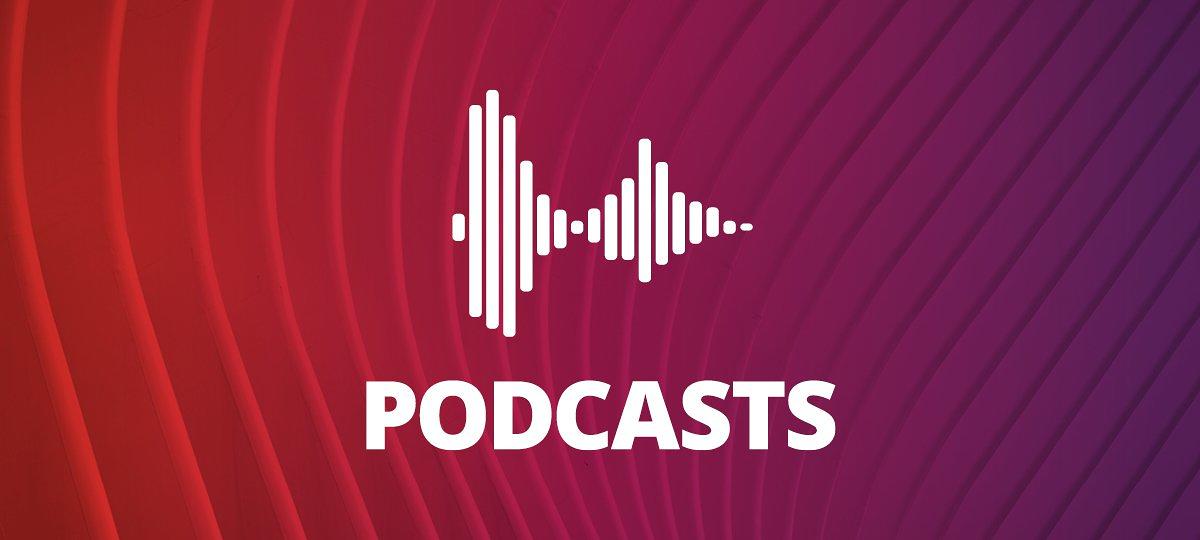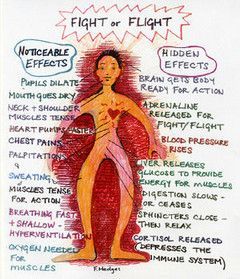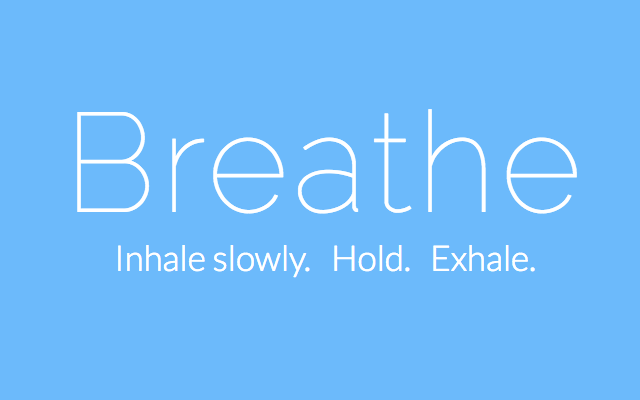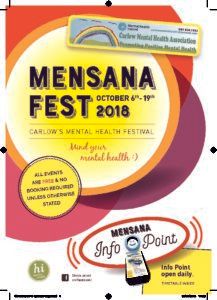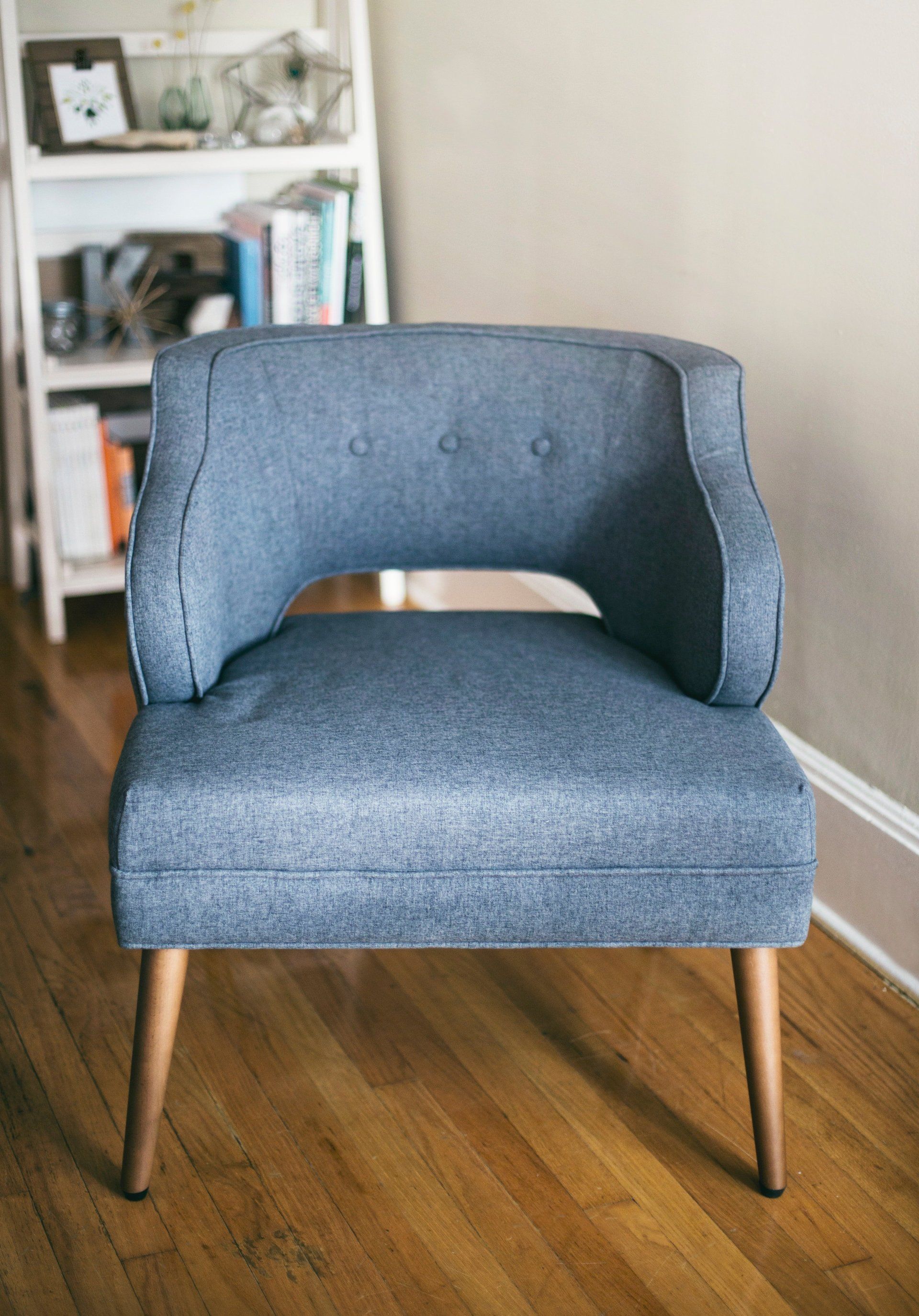Making sense of CBT - Cognitive Behavioural Therapy
An overview
Cognitive Behavioural Therapy (CBT) is based on a fairly simple idea which, when put into practice, can have wildly positive outcomes. CBT works by teaching you techniques and skills to challenge unhelpful thinking patterns and problem behaviours.
Through this therapy you are encouraged to talk about:
- how you think about yourself, the world and other people
- how what you do affects your thoughts and feelings
The diagram shows just one of the ways that CBT breaks down a problem into parts and how they are linked together . By talking about these things, CBT can help you to change how you think ('cognitive') and what you do ('behaviour'), which can help you feel better about life.
CBT is a very active type of therapy . We would typically work together on a weekly or fortnightly basis but will both agree on a treatment exercise for you to carry out between sessions. This could be in the form of a symptom monitoring diary, or a new activity or some form of behavioural experiment or another exercise. People who actively carry out these between session tasks tend to recover faster and with less chance of relapse.
Also CBT is a collaborative type of therapy . This means that the problem is shared between you and your therapist. As a therapist I'm not going to say that I can “fix” you – instead we will work as an equal partnership to tackle your problem. As a therapist I will bring my skill set in this area, and you will bring yourself, your experiences and your desire to change. Confronting fears and anxieties can be very difficult. I will not ask you to do things you do not want to do, and will only work at a pace you are comfortable with. During your sessions, I will continue to check you are comfortable with the progress you are making.
As CBT has developed over the years, it has been tested against many different types of problems and diagnoses and has been found to be an effective treatment for many of them. As such, CBT is often referred to as an “evidence-based” type of therapy, and you will be using CBT approaches that have been specifically developed for many of these specific problems.
References:
- Anderson, J. (2014, June 12). 5 get-positive techniques from Cognitive Behavioural Therapy. Everyday Health. Retrieved from http://www.everydayhealth.com/hs/major-depression-living-well/cognitive-behavioral-therapy-technique...
- Boyes, A. (2012, December 6). Cognitive behavioural therapy techniques that work: Mix and match Cognitive Behavioural Therapy techniques to fit your preferences. Psychology Today. Retrieved from https://www.psychologytoday.com/blog/in-practice/201212/cognitive-behavioral-therapy-techniques-work
- Maxwell, G. (2018, July 29). Formulation in CBT - Breaking the problem down. Retrieved from https://accesscbt.co.uk/resources/articles/depression-new-dads/formulation-breaking-problem/
